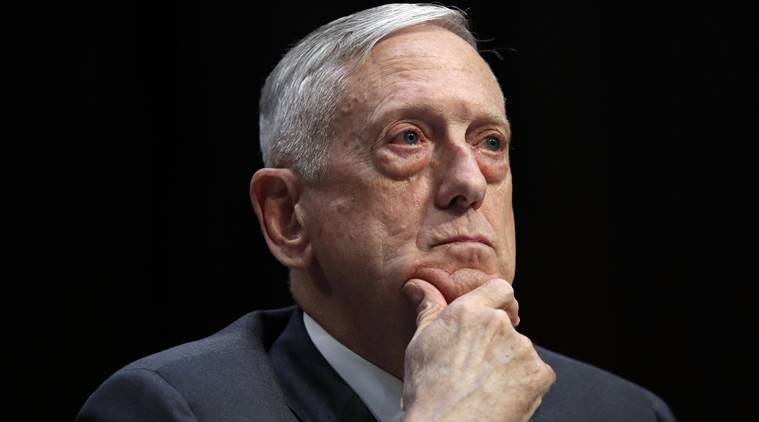Age of policy insecurity
After exit of James Mattis, India must brace for less predictable moves by Trump administration

On December 20, James Mattis, the US Secretary of Defence, had resigned stating that he had significant policy differences with President Donald Trump. He had, however, offered to stay on in the job until February 1, 2019, to help ensure a smooth transition. However, in what can only be construed as an act of petulance, within 72 hours, Trump chose to fire Mattis and replace him with Patrick Shanahan, the Deputy Secretary, a former Boeing executive, as the Acting Defence Secretary.
Mattis, as is well-known across South Asia, and especially in New Delhi, had for the most part sustained the policies of the Barack Obama administration toward India. Specifically, he had participated in the first US-India “two plus two dialogue” with Secretary of State Michael Pompeo. More to the point, in his tenure, the two countries had moved the security partnership forward, signing the Communications Compatibility and Security Agreement. This accord was of importance and had been hanging fire for over a decade. New Delhi has also been pleased with the Trump administration’s decision to cut off assistance to Pakistan for its unwillingness to end its support for terror in Afghanistan. This decision had constituted a marked departure in American policy as previous administrations had only admonished Pakistan, with few, if any, material changes in its behaviour.
What are the possible implications of Mattis’ departure for US policy towards India and South Asia? There is little or no question that his resignation (and subsequent removal) from office will have an impact. Unlike his predecessor, Shanahan hails from the corporate world. He may have had extensive dealings with the department he now heads but he brings little or no foreign or security policy experience to the office. More, he has no particular grasp of regional affairs or any sensitivity toward key strategic issues in South Asia.
His lack of policy experience and his lack of knowledge of regional security issues is likely to prove consequential. Almost inevitably, the momentum that Mattis had so ably sustained over the past two years in building the strategic partnership with New Delhi is bound to lose steam. Among other matters, it is believed that Mattis had developed a rapport with his Indian counterpart, the Minister of Defence, Nirmala Sitharaman. It remains an open question if Shanahan can pick up where Mattis left off. That said, it is also unlikely that he will seek to substantially alter the course that the Trump administration had embarked upon after assuming office. As is evident from other policy areas, in this administration, the president remains the ultimate arbiter of policy choices.






































No hay comentarios:
Publicar un comentario